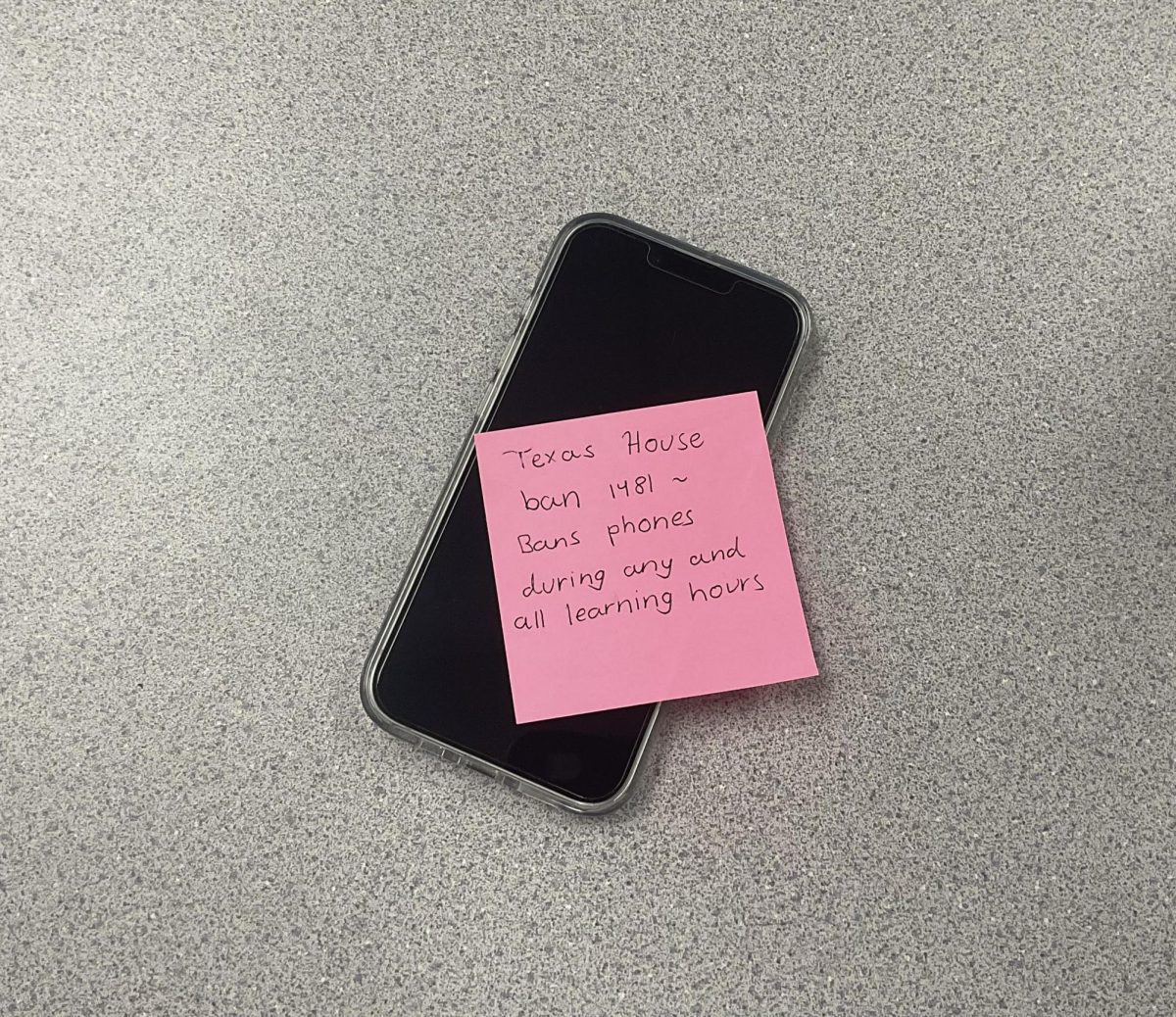Online catfishing is when an individual assumes a persona on a social networking site and then creates an entire false identity using the pictures, hobbies, interests and even friends of someone else. There was recently an incident of catfishing at Westlake. An individual named *Kevin targeted another individual named *Lauren on Instagram.
“The general story is that a person made up a fake account on Instagram and used it to make comments and said some not-too-nice things about people’s photos and made not-the-best statements in the world,” Travis County Sheriff Forrest Bouldin said. “It irritated the parents and the person.”
Kevin used his Instagram account to impersonate Lauren. His harmful comments toward other people’s photos put Lauren’s reputation in danger. Lauren’s parents decided to get involved when they found out about the account.
“My parents were very concerned and upset,” Lauren said. “They were concerned about my reputation and safety.”
Kevin impersonated Lauren for several weeks before he was caught.
“I found out because the fake Instagramer logged into Instagram through his Facebook, so whoever he was friends with got a notification identifying him,” Lauren said. “His comments were rude, inappropriate, disrespectful, and hurtful towards many people.”
Catfishing is a serious offense and goes under the title of Online Impersonation, which can be punishable by law in the state of Texas. Online impersonation has many consequences, including action taken by the school.
“The easy way to solve it would be to remove the site and send out apologies to the people who were offended,” Bouldin said. “The legal ramifications can be a rather serious charge. I haven’t received an official response; however, the parents were very satisfied with how the school handled things, so I don’t think the parents or the victim wish to pursue charges.”
Kevin was forced to remove his harmful Instagram account and was otherwise punished by the school for his action, according to Bouldin.
“The minimum consequence would probably be ISS.” assistant principal Karl Waggoner said. “I think that if a person is being harassed like that, for me, the minimum is definitely ISS. From a school standpoint, it’s a code of conduct violation, which could potentially be in violation of the law.”
People who impersonate someone online hurt both themselves and the individuals they attack. Although online impersonation in this manner is common, most victims choose to not report to the authorities because they do not want to deal with the commotion and trouble that comes with turning in their problem.
“I think what happens a lot of time, is that kids are hesitant to report, because they don’t want to make waves,” Waggoner said. “I understand that. But I think when a parent finds out, their first reaction is to protect their child, so they report.”
What makes online impersonation or cyber bullying so tempting for some teenagers is the ability to remain anonymous. It seems easier to hide behind a screen than to confront the problems head on. With more and more people spending increased amounts of time online, this type of crime is becoming a problem. Most teenagers do not understand how serious the consequences of online impersonation can be.
“You never know what’s inside a kid’s head,” Bouldin said. “Put yourself in that person’s shoes and see how they would feel. Once you put something on the World Wide Web, that’s what it is. It’s worldwide. Everyone can see it; it can mess up someone’s future.”
*names have been changed






